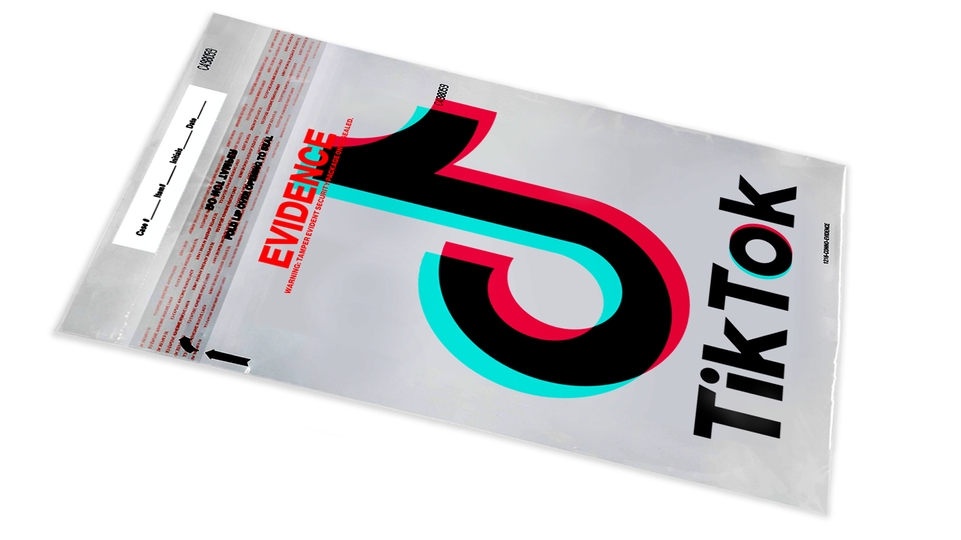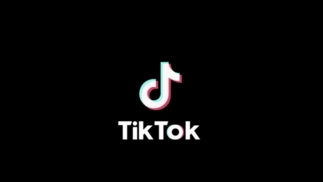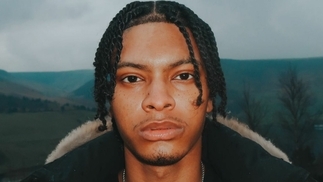UK drill TikTok content removal requests from Met Police have increased 366% since 2020
64% of removal referrals on the platform were related to UK drill music during the 2022/23 financial year

64% of TikTok content removal referrals from London’s Metropolitan Police during the 2022/23 financial year were related to UK drill music, according to new data obtained by DJ Mag via a Freedom of Information request.
In the previous year, 89% of Met Police content removal referrals on TikTok were related to drill, and 100% during the year preceding that. Removal requests on the platform related to UK drill have also seen a 366% increase over the last three years.
Manager and producer Kovani, who has worked with artists including K Trap, Niska, Songer, and Midas The Jagaban, urged that the consequences of these content removal requests must be considered. “TikTok is crucial for artist discovery and promotion,” he told DJ Mag. “This [censorship] is just taking away another opportunity, allowing youths to turn to crime instead of focusing on their music career.”
TikTok has become an essential promotional tool for musicians. According to a study conducted by music-analytics company MRC Data for TikTok, 67% of the app’s users are more likely to seek out a song on a music-streaming platform after hearing it on TikTok. The #drilluk hashtag currently has over 10.8 billion views on the platform. Tion Wayne and Russ Millions’ ‘Body’ became the first drill song to reach number one in the UK Singles Chart after dominating TikTok feeds, with the app naming the song as its most popular UK track of 2021.
In a statement shared with DJ Mag, a representative for TikTok said that the platform cooperates with law enforcement and accepts removal requests from special police referral units if the reported content also violates their Community Guidelines. The statement also said that TikTok welcomes the artistic and creative content that many UK drill artists bring to the platform’s “vibrant music community”.
The Met Police has continued to censor UK rap and drill music, due to its alleged links to youth violence. The Project Alpha unit, launched in 2019, has concentrated its efforts on social media, with 1,825 removal requests being made to YouTube last year alone. To date, no other genre has been targeted in the same way.
Despite this, the Met Police assert that investigators do not target any specific genre of music, and instead seek out threats of violence and other potentially criminal activity. “The Met works closely with social media platforms to identify content we believe could provoke or cause violence,” a spokesperson for the Met Police told DJ Mag. “Following our referral, the social media platforms make their own decision regarding removal of content.”
While law enforcement accuses UK drill of inciting real-world violence and gang related activities, many artists argue that the sound has the potential to empower individuals and communities. “Being a part of the drill scene has given us the chance for personal growth and artistic expression,” Kovani said, pointing to the immense commercial success of ‘Sprinter’ by Dave and Central Cee, which held the number one spot in the UK Singles Chart for nine weeks.
As DJ Mag previously reported, Tottenham rapper Abra Cadabra missed out on his highest chart position to date after the video for ‘On Deck’ was removed from YouTube by the Met Police in 2020, due to claims he was “slagging off other rappers”.
“The idea that drill music is the primary cause of crime oversimplifies a complex issue. It overlooks the problems within our communities, like a lack of opportunities, positive role models, and government accountability,” Kovani said. “The inconsistency in the approach underscores the need for a more comprehensive and nuanced approach for addressing crime and supporting marginalised youth.”






